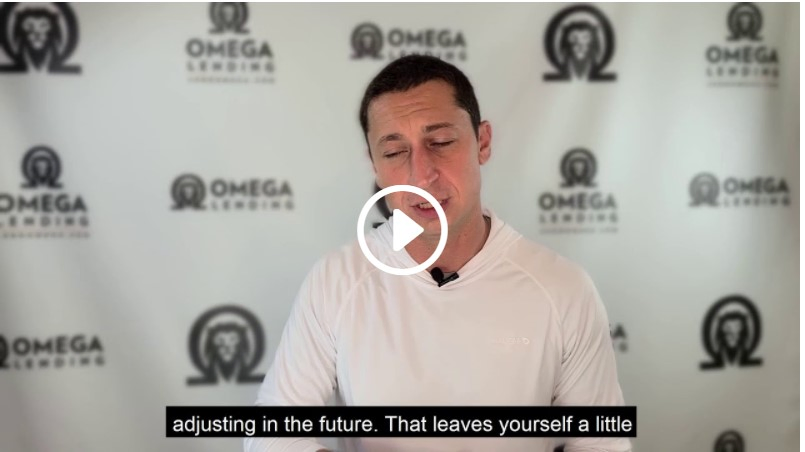What’s the difference between a home equity loan and a HELOC?
A home equity refinance also known as a cash-out refinance is the process of refinancing your mortgage by taking a loan against the equity you have built into your home. On the other hand, a home equity line of credit (HELOC) loan is more like a credit card based on the equity built in your house.
With a HELOC you have access to a portion of your equity and are only required to pay interest on loans for a period of time. After that you’ll need to pay both interest and principal back together.
Typically a home equity refinance (cash out refinance) and a HELOC offer lower interest rates than other common loans and lines of credit (i.e. credit cards). When managing multiple debts, home equity loans are a good way to replace high interest debt for low interest debt.
Watch: Heloc vs. cash-out refinance
Home Equity Refinance vs. HELOC
- Average APR: Even with the fluctuation of the market, a HELOC will generally have a lower interest rate.
- Fixed Variable Rates: While HELOCs come with variable rates, home equity loans come with a fixed rate.
- Repayment Period: If you decide on a home equity loan, your payments will begin right away. If you choose and HELOC, you only must pay interest for the first 5-10 years. After that, you will spend the last 10-20 years paying back principal/interest together.
- Disbursement of Funds: If you require the full amount of your loan upfront, a home equity loan is the way to go. But, with a HELOC you may only take out as much as you need on an “as needed” basis.
Benefits of a Home Equity Loan for Debt Consolidation
It is very possible to use a home equity loan for debt consolidation. If you choose to do this, make sure you are making the best strategic decision for you. Look at the benefits and downsides of using a home equity loan for debt consolidation.
- Lower Rate: It is likely that you may be able to get a lower interest rate in comparison to other loans. This is because a home equity loan is secured.
- Single Streamlined Payment: You will have one payment throughout the month. This is much easier than multiple payments per month to worry about.
- Lower Monthly Payments: This is a direct effect of a lower rate. With a lower rate, your total loan payment, over the life of the loan, may equate to less than all your existing debt payments combined.
When to Consider a HELOC
Those looking for some flexibility when borrowing often consider a HELOC. You cannot turn a blind eye to the risk of possibly losing your home. You need to make sure you are fully capable of making payments. There are many popular reasons homeowners consider a HELOC.
- College Tuition: In this case, a HELOC makes sense as opposed to another loan. Some HELOCs can provide lower interest rates than most student loans.
- Home Improvement: If you are thinking about taking part in some home improvement, this loan may be the best thing for you if the project will increase the value of your home.
- Medical Bills: If you have serious ongoing medical expenses, a HELOC can save you and provide a lower interest rate.
- “Bank Breaking” Purchases: With a longer repayment period, you may want to consider a HELOC for a large purchase. Plan properly to make consistent, on-time payments.


